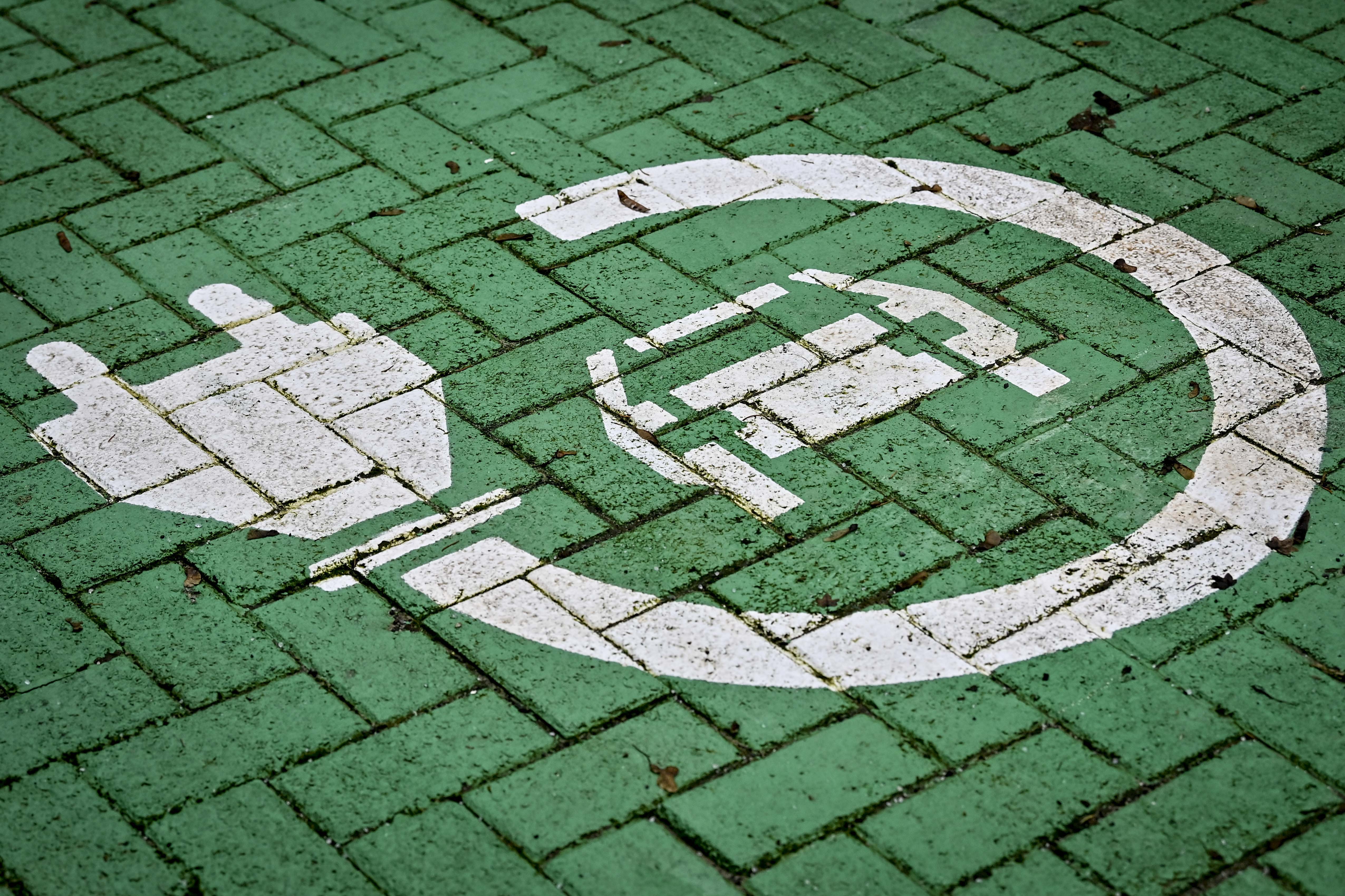New in July: Tax breaks for polluting company cars and use of soya oil for transport phased out

From 1 July, tax deductions for new company cars with combustion engines and soya oil for transport will be phased out.
In Belgium, around one in four employees has a company car. These are mainly diesel (57. per cent) and petrol vehicles (28.6 per cent). By phasing out internal combustion engines from July, Belgium aims to green its fleet. Only company cars with zero CO2 emissions - electric or hydrogen-powered - will remain 100 per cent deductible until 1 January 2027. After that, the deduction will be phased out.
Nothing will change for company cars bought before 1 July. For passenger cars powered by petrol, diesel, LPG or CNG bought between 1 July and 31 December 2025, the deductibility will be fully phased out by 2026. In addition, the CO2 solidarity contribution will be increased for company cars purchased after 1 July 2023. The increase depends on the fuel type and CO2 emissions of the vehicle.
Phase-out of soybean oil
On 1 July, the phase-out of soybean oil for transport will also begin. This means that fuel suppliers will no longer be able to meet their renewable energy targets for transport with soybean oil. On 1 January, the government also banned palm oil because biofuels have no advantage over fossil fuels from a climate point of view, said Energy minister Tinne Van der Straeten (Groen) at the time.
In early June, Environment minister Zakia Khattabi (Ecolo) reported that the use of palm oil had dropped to zero. The use of soybean oil is also declining. "In the first months of 2023, 44 million litres of soybean oil was still used in Belgium to make diesel," she said.
At the request of the European Commission, Belgium will continue to allow biofuels made from oils derived from waste products or certified as not having been grown at the expense of nature. "I have asked my administration to monitor compliance with this commitment closely," said Khattabi.
© BELGA PHOTO DIRK WAEM
Related news


